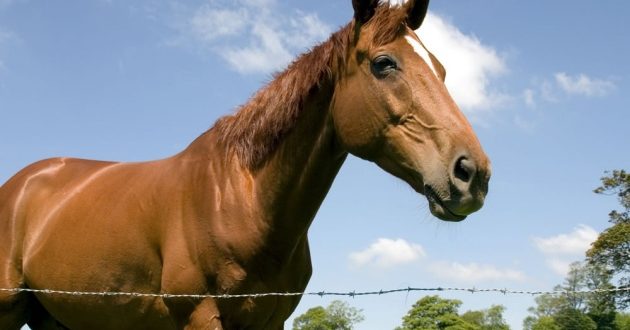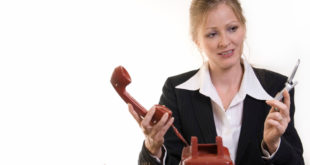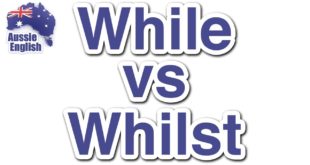1. To beat a dead horse
Figurative: To waste time doing something that has already been attempted.
Literal: This phrase alludes to the fact that the horse is dead so beating it now is pointless.
Example: “Is it worth asking him again or am I just beating a dead horse?”
2. No horse in this race
Figurative: No vested interest in the outcome of an event or contest.
Literal: This phrase alludes to someone who isn’t betting on any horse in a specific race and thus doesn’t care about the outcome.
Example: “I have no horse in this race, I just want the argument to be resolved.”
3. Hold your horses
Figurative: To hold on or to wait.
Literal: This phrase is related to horse riding or driving a horse-drawn vehicle, where in order to wait somewhere you’d have to “hold your horses”.
Example: “Dinner will be ready soon. So be patient and hold your horses!”
4. Straight from the horse’s mouth
Figurative: From the highest authority or original source.
Literal: This phrase refers to how in racing circles tips on which horse would win a race would circulate, and the most trusted authorities would be those closest to the horse, e.g. the trainers or stable hand. The idea here is that hearing straight from the horse’s mouth, i.e. the horse itself, would be the best possible source.
Example: “Are you sure she’ll be here today?” “Definitely. I heard it straight from the horse’s mouth.”
Other forms: To hear (something) straight from the horse’s mouth.
5. To back the wrong horse
Figurative: To support something or someone who can’t win or succeed.
Literal: To support a horse in a race it can’t win.
Example: “It was only after we’d invested a lot of money in this company that we realized we were backing the wrong horse.”
Other forms: To bet on the wrong horse
6. As stubborn as a mule
Figurative: Incredibly stubborn.
Literal: This phrase alludes to the way that if a mule, donkey or horse doesn’t want to do something, i.e. move forward, it will plant its hooves and stay there.
Example: “You know what your dad’s like. He’s as stubborn as a mule.”
7. Donkey’s years
Figurative: A very long time.
Literal: This phrase is an expression from the early 1900s that is a pun (years/ears) that alludes to the considerable length of a donkey’s ears.
Example: “I haven’t seen you in donkey’s years, mate! How’ve you been?”
8. Get on one’s high horse
Figurative: To act in an arrogant or condescending manner.
Literal: This phrase alludes to how high-ranking people would use tall horses, and dates back to the late 1700s.
Example: “Whenever I talk about rugby my dad gets on his high horse and says rugby sucks and footy is the only real sport.”
9. Get off one’s high horse
Figurative: When telling someone to stop acting in an arrogant or condescending manner.
Literal: This phrase alludes to how high-ranking people would use tall horses, and dates back to the late 1700s.
Example: “I wish he’d get off his high horse and be more friendly.”
10. To put out to pasture
Figurative: To make someone retire from their job because they are too old.
Literal: This phrase alludes to how farmers keep farm animals that are too old to work in a pasture (a grassy field).
Example: “I thought I was still too young to be put out to pasture, but my boss disagreed.
 ایرانیان استرالیا Australia Iran بزرگترین جامعه ایرانیان ساکن استرالیا Australia Iran
ایرانیان استرالیا Australia Iran بزرگترین جامعه ایرانیان ساکن استرالیا Australia Iran











